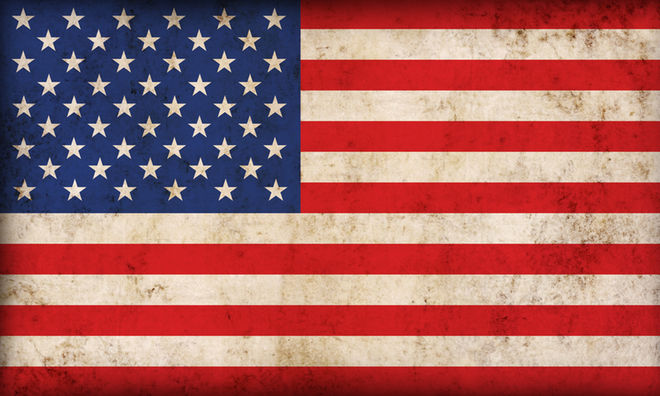Dear America,
You’re going through some troubles right now. You’re looking beaten down and battered. Some of my friends and family members, most of them much younger than I, are wondering whether the American Dream, which was always more about freedom than about material success, though the two go hand in hand, is coming to an end.
You’re going through some troubles right now. You’re looking beaten down and battered. Some of my friends and family members, most of them much younger than I, are wondering whether the American Dream, which was always more about freedom than about material success, though the two go hand in hand, is coming to an end.
Many of us forget the wonder of you. Because we are so accustomed to your face, we often fail to appreciate your bounty, your beauty, and your blessings of liberty. Even worse, we’ve sometimes forgotten how many men and women have sacrificed so much to earn that liberty. George Washington, Martin Luther King, Abigail Adams, Sojourner Truth: these people and an army of others both living and dead have kept the light of liberty alive. Sometimes that light flickers and dims, but it has never died.
We forget, too, how far we’ve come, the advances we’ve made in fulfilling the promise of that line from the Pledge of Allegiance “with liberty and justice for all.” We forget that in sixty years we have ended segregation, broadened opportunities for all races and creeds, and created the most diverse society in the history of the world. We forget the many material advantages this liberty has brought us: cars, cell phones, laptops, air-conditioning, and hundreds of other goods that make our lives easier and more comfortable. It’s true, we have the poor among us, but the poorest 20% of our people are richer than many in affluent nations.
In your Constitution, America, you recognized rights that belong to us by virtue of our humanity and not as a gift bestowed by some government, natural rights endowed not by men but by a creator. Sure, we bicker all the time over the meaning of those rights, and go to court, and participate in elections, but the Bill of Rights and those words in the Declaration of Independence—“Life, Liberty and the pursuit of Happiness”—are the very heart of what it means to be an American.
In 1862, in a time more dire than our own, Abraham Lincoln included this sentence in his message to Congress, “We shall nobly save, or meanly lose, the last best hope of earth.”
If we look around the world today, America, Lincoln’s words ring as true now as they did then. America, you are still the last best hope of earth.
And you’re worth saving.
We forget, too, how far we’ve come, the advances we’ve made in fulfilling the promise of that line from the Pledge of Allegiance “with liberty and justice for all.” We forget that in sixty years we have ended segregation, broadened opportunities for all races and creeds, and created the most diverse society in the history of the world. We forget the many material advantages this liberty has brought us: cars, cell phones, laptops, air-conditioning, and hundreds of other goods that make our lives easier and more comfortable. It’s true, we have the poor among us, but the poorest 20% of our people are richer than many in affluent nations.
In your Constitution, America, you recognized rights that belong to us by virtue of our humanity and not as a gift bestowed by some government, natural rights endowed not by men but by a creator. Sure, we bicker all the time over the meaning of those rights, and go to court, and participate in elections, but the Bill of Rights and those words in the Declaration of Independence—“Life, Liberty and the pursuit of Happiness”—are the very heart of what it means to be an American.
In 1862, in a time more dire than our own, Abraham Lincoln included this sentence in his message to Congress, “We shall nobly save, or meanly lose, the last best hope of earth.”
If we look around the world today, America, Lincoln’s words ring as true now as they did then. America, you are still the last best hope of earth.
And you’re worth saving.






 RSS Feed
RSS Feed